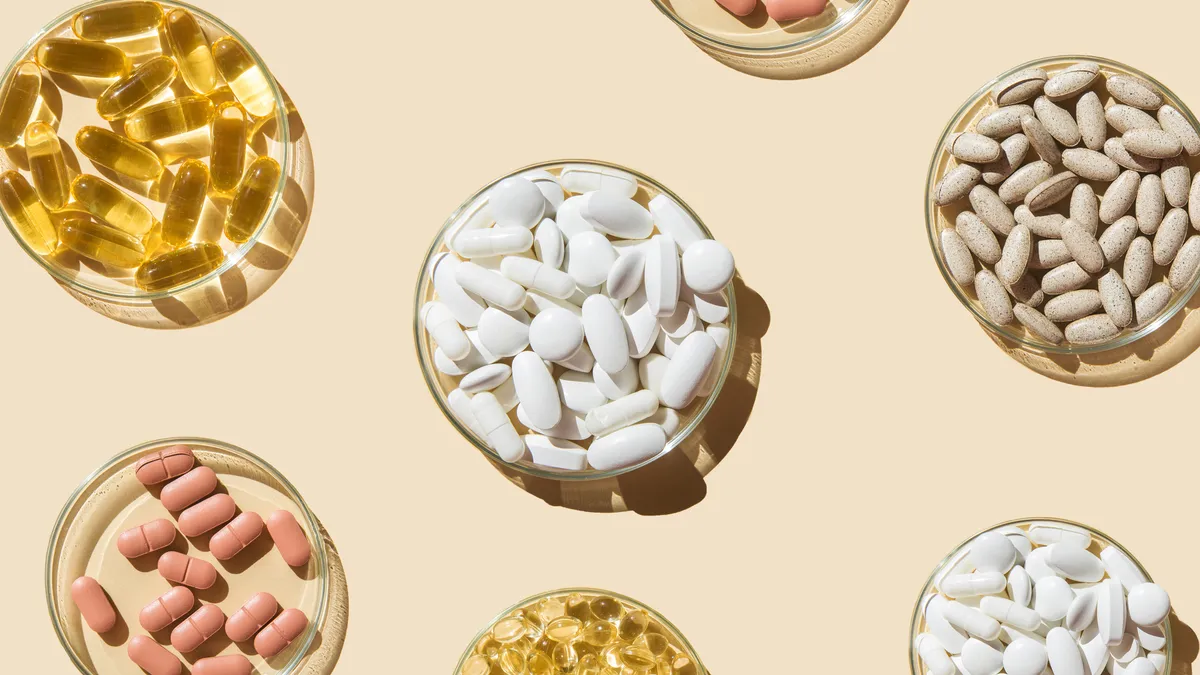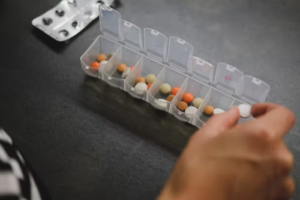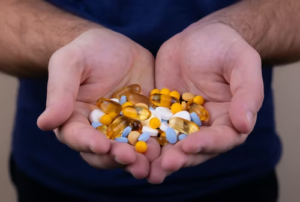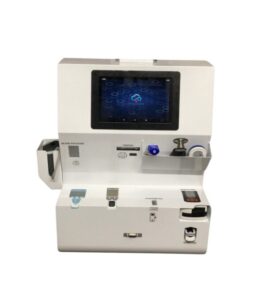How To Know Which Vitamins You Need To Take? Here’s a Simple Guide
4 min read
How To Know Which Vitamins You Need To Take? Here's a Simple Guide
Vitamins are essential for various body functions and organs to work well. Without vitamins, the body will wither quickly and die. Your body can work without one or two vitamins but it will affect your overall health considerably. That’s why it’s essential to know if you lack any kind of vitamins in your diet or if you have a deficiency. However, with all the letters from A to K, it’s easy to get confused about which vitamins we need and we lose track of them in our diet. If you want to take vitamins to boost your health, here is what you need to know.

Vitamin A
Vitamin A consists of various health-promoting molecules which are retinol, retinal, and retinoic acid. It provides support for cell growth and the health of tissues all over your body among other benefits. Having dairy products, eggs, meat, and shrimp in your diet will provide you with the vitamin A you need. If you suffer from dry skin or eyes, night blindness, delayed growth, infection in the chest or throat, poor wound healing, or acne, it’s time to take a vitamin A supplement.
Vitamin B
There are 8 types of vitamin B such as B12, pantothenic acid, biotin (B7), and niacin (B3). Each one has a different role but they all share some benefits such as energizing your body and maintaining cell health. Eating foods or taking supplements labeled with “Vitamin B” is not enough as you need to have the 8 variants in your diet. The deficiency symptoms range from fatigue, depression, and irritability to anemia, hallucinations, and heart palpitations. You need to ask your doctor for determining the vitamin B variant your body lacks.
Vitamin C
When we hear the word “Vitamin C”, we immediately think of citrus fruits such as oranges and lemons, but you can also have your vitamin C intake from spinach, tomatoes, broccoli, and Brussels sprouts. It works as an antioxidant and boosts collagen production in the skin. Studies have found that Vitamin C also improves immunity as it encourages the production of germ-fighting cells. Symptoms of vitamin C deficiency include fatigue, depressed mood, poor immunity, dry and damaged skin, easy bruising, and painful and swollen joints.
Vitamin D
Vitamin D is often referred to as the sunshine vitamin as it gets created by being exposed to the sun. Unlike other vitamins, it acts like a hormone in the body. Vitamin D is essential for boosting bone health, immune functions, mood, and cardiovascular health. The sun is the main source of this vitamin but some foods such as fatty fish and fortified foods contain vitamin D. If you’re a woman looking to keep your body healthy and get the vitamins it needs, multivitamins such as Olly’s vitamins are the perfect choice for you. It is important that you keep your body healthy with the right amount of vitamins it needs. People with vitamin D deficiency suffer from low immune health, fatigue, loss of bone density, depression, hair loss, and anxiety.
Vitamin E
Vitamin E is the best friend of your immune system. It’s made of eight fat-soluble molecules with antioxidant properties. It’s found in a variety of foods such as nuts, broccoli, plant oils, green vegetables, and blackberries. It’s rare to have a vitamin E deficiency as it’s found in various foods along with fortified foods that have this vitamin added to them. However, having too much Vitamin E puts you at the risk of bleeding while a deficiency can cause visual disturbances, difficulty walking and coordinating, muscle pain, and general unwellness.
Vitamin K
The main role of vitamin K in the body is coagulation, also known as blood clotting. Clotting is essential to prevent excessive bleeding inside and outside of the body. Foods that contain vitamin K include eggs, grapes, blueberries, and green leafy vegetables. Vitamin K helps create five proteins that are responsible for blood coagulation. Additionally, it helps calcium bind to proteins all over the body which results in healthier bones. Excessive bleeding is the major symptom of a vitamin K deficiency but it also shows if you bruise easily, produce very dark stool that contains blood, and find small blood clots underneath your nails.

Knowing what deficiency you have will help you take the right vitamin supplement for it. Multi-vitamins are not as effective as specialized vitamins as they don’t offer the same dosage of the vitamin you need. If you’re not sure what kind of deficiency you have, ask a doctor for tests that you can have to determine the type of deficiency. It’s important to incorporate healthy food into your diet and get exposed to the sun for a moderate amount of time to get your daily intake of all the essential vitamins your body needs.






